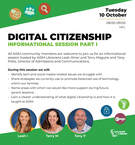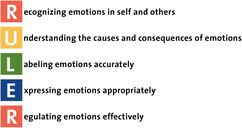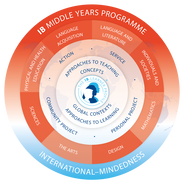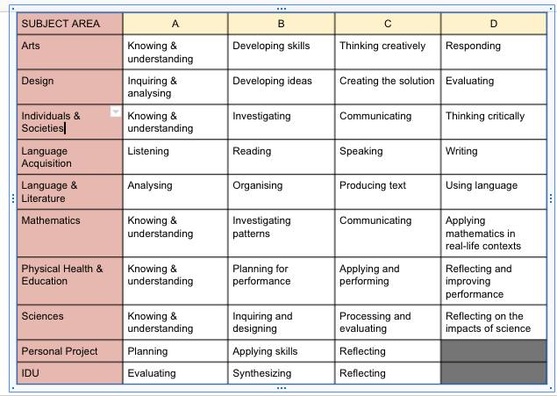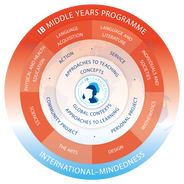AISM News
Please provide any feedback (Compliments, Complaints, Questions, or Suggestions) by using the 'Feedback Form'.
For website specific stuff, please reach out to the Communications Team with any suggestions, comments or support.
For website specific stuff, please reach out to the Communications Team with any suggestions, comments or support.

